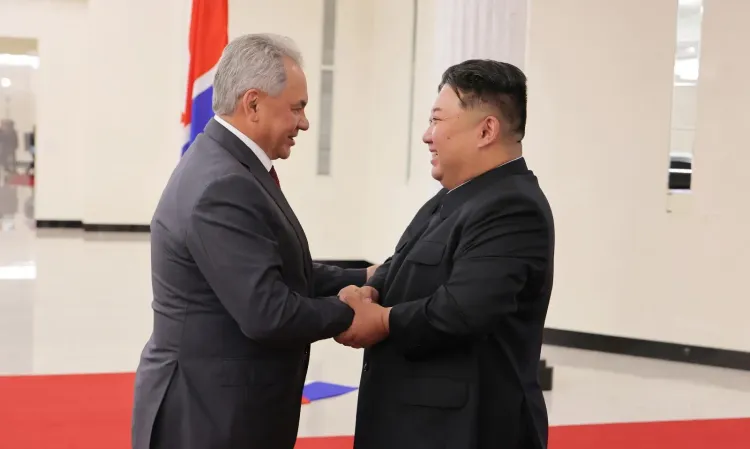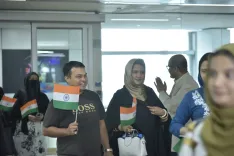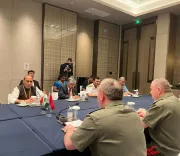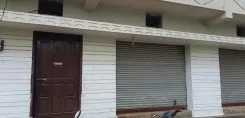Will North Korea Send More Troops to Russia This Summer?

Synopsis
Key Takeaways
- North Korea is likely to send additional military personnel to Russia.
- The NIS reported that recruitment for troops has already begun.
- North Korea has provided significant military support to Russia.
- Concerns exist about a possible new offensive from Russia.
- South Korea is enhancing safety measures for its citizens abroad.
Seoul, June 26 (NationPress) It appears that North Korea is poised to dispatch additional troops to assist Russia in its ongoing conflict against Ukraine during July or August, according to a briefing from South Korea's National Intelligence Service (NIS) to lawmakers on Thursday.
The NIS conveyed this assessment in a confidential meeting with the parliamentary intelligence committee, coinciding with reports from Russian media indicating that Pyongyang is set to send 5,000 military construction personnel and 1,000 sappers to the Kursk region. This move suggests a strengthening of military ties between the two nations.
Lawmakers Park Sun-won of the ruling Democratic Party and Lee Seong-kweun from the main opposition People Power Party, who attended the NIS briefing, informed reporters that North Korea seems to have initiated a recruitment process for this additional troop deployment to Russia.
Following a visit from Russian Security Council Secretary Sergei Shoigu to Pyongyang where he met with North Korean leader Kim Jong-un last week, Russian media reported that North Korea intends to send thousands of military construction workers to the front line in Kursk.
The NIS further stated that North Korea has been supporting Russia by supplying over 10 million artillery shells, missiles, and long-range weapons, in return for economic cooperation and technical assistance from Moscow.
This military and logistical support from North Korea has been a significant factor in bolstering Russia's war efforts, the NIS noted, while highlighting that Russia currently maintains control over about 81 percent of the four Ukrainian regions: Donetsk, Zaporizhzhia, Kherson, and Luhansk.
Furthermore, the NIS remarked that Ukrainian intelligence is speculating that Russia might launch a new offensive between July and August.
On a related note concerning the situation in the Middle East, the NIS has cautioned about the risk of a resurgence in conflict between Israel and Iran, despite the ongoing ceasefire. Reports indicate that Israel could resume military actions based on internal political dynamics, while Iran may re-engage to reclaim its influence after addressing domestic unrest.
In response to these developments, the South Korean government is taking precautionary measures for its citizens in the region, including securing vessels operating in the Strait of Hormuz and enhancing monitoring to mitigate potential disruptions in the supply chains for crude oil and other essential commodities, as stated by lawmakers.








